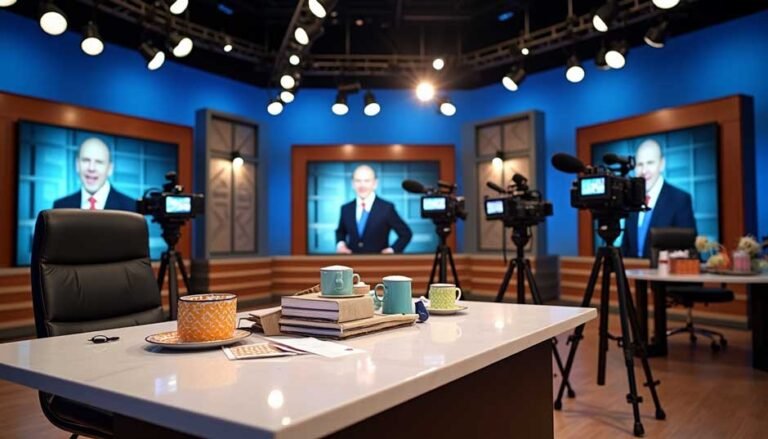How to Avoid Common Mistakes Renters Often Regret
For renters, this could be an interesting time but also one full of worries, especially for first-time tenants. While the main goal is to find suitable properties to rent, many consider aspects that could lead to regrets later; from signing the lease without properly inspecting it to not being able to consider hidden costs, a lot can go wrong. An understanding of these mistakes can save you time, money, and all that unnecessary stress. If you want to find a tiny flat or a spacious family residence, just knowing what to avoid will help you have a very smooth renting experience. This guide features six basic mistakes that most renters tend to make and the ways to prevent making them, therefore letting you make more informed decisions toward a stress-free tenancy.
Failing to Carry Out a Thorough Inspection of the Property
One of the greatest regrets most renters have is not having a careful inspection of the property before lease signing. Glancing at the house can overlook a handful of issues from the big picture, like insulation problems, faulty wiring, or plumbing. Always view the property at various times of the day for light and noise. Check that all appliances, taps, and radiators work correctly. Keep an eye out for any signs of pests or mould; both are health hazards, and exterminating them can cost. Plus, ask the landlord about anything needing repair and its maintenance history. An inspection like this will save you from unpleasant surprises and give you peace of mind that the place you rent will be safe and livable.
Ignoring Minor Details in the Tenancy Agreement
Numerous tenants have chosen to take a peek into the tenancy agreement and live to regret that choice. The agreement explains the rules governing significant issues such as rent increases, deposit deductions, and notice periods. Special attention should also be given to clauses about subletting, pets, and decorating restrictions, for violations may lead to conflict. Ensure that the agreement contains an inventory list to avoid disputes regarding the deposit during moving out. If anything is unclear in the agreement, seek clarification or legal counsel before you sign it. A tenancy agreement that is well understood by both parties will offer protection, thereby eliminating misunderstandings that might negatively affect your renting experience.
Ignoring Extra Costs on Top of Rent
Rent is certainly not the only thing on a tenant’s plate, but many tenants forget to budget for the extra expenses other than rent. Council tax, utility costs, and internet bills can quickly add up. Other properties may also require that service charges or maintenance fees be paid by the tenant. Make it a point to ask the landlord or letting agent for an indicative estimate of such expenses before committing. Be sure to include moving expenses, insurance, and future rent increases to avoid financial constraints. Preparation pays off in providing peace of mind regarding finances throughout the tenancy so that any financial stress does not surprise you.
Failing to Document the Condition of the Property
Unfortunately, one of the most common errors that result in deposit disputes is failure to note damage to the property when entering. Every room should be photographed or recorded with the time stamp noting any damage or wear present. Provide this proof to the landlord to avoid being liable later on. An inventory report is important as it is signed by both parties. This serves as evidence should disputes arise regarding deductions from the deposit. Safeguarding oneself from unfair claims ensures a fair and trouble-free process during the move-out.
Picking the Wrong Place
A property might be perfect from the inside, but it can ruin the whole renting experience it has to offer. Before renting, consider the proximity to work, school, and transport systems. Research well for the safety of the neighbourhood, amenities, and noise levels; they should live a peaceful life. To know traffic and community vibes, visiting at different times is a good idea. Many people end up regretting their hurry to sign a lease without considering the neighbourhood. Getting the right location will ensure a happier life with more convenience.
Failing Good Communication With the Landlord
Poor or bad communication with the landlord or letting agent, more often than not, results in many unresolved issues. Make it a point to inform them when there are repairs needed or if there is something wrong, and keep all their correspondence. Create a kind of fair relationship, where, most likely, any request raised is immediately acknowledged. Who is responsible for what repairs/maintenance and emergencies should be made clear to avoid confusion later on. Open communication paves the way for a happy tenancy experience and makes it easier to solve any problems that might arise.
Conclusion
Renting property is quite tedious, yet avoiding the staples mentioned above can prevent regret in future. Inspect every inch of the property thoroughly and communicate effectively with everything from a dose of minor things to regular duties. Inspect the property carefully, read through the tenancy agreement, budget for all possible expenses, document the condition of the property, choose the right location, and keep good communication lines with your landlord. Following them through will help you be better prepared to manage what has now become your life when it comes to renting and would better enjoy your living space. Also Visit:
How to Get an Elf to Come to Your House?






